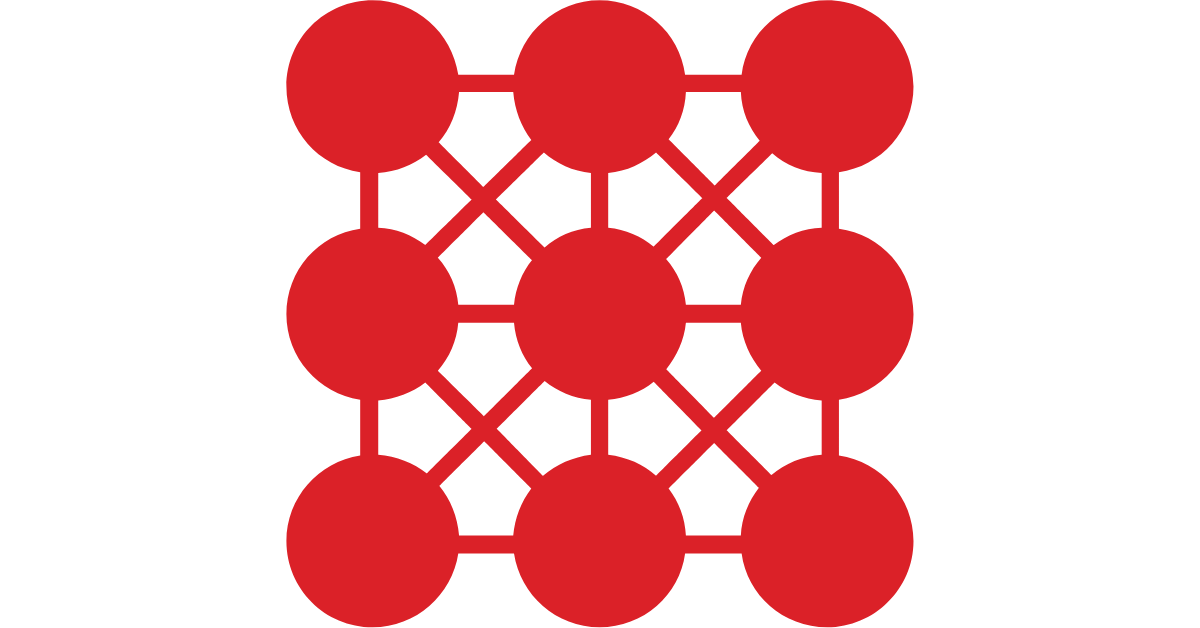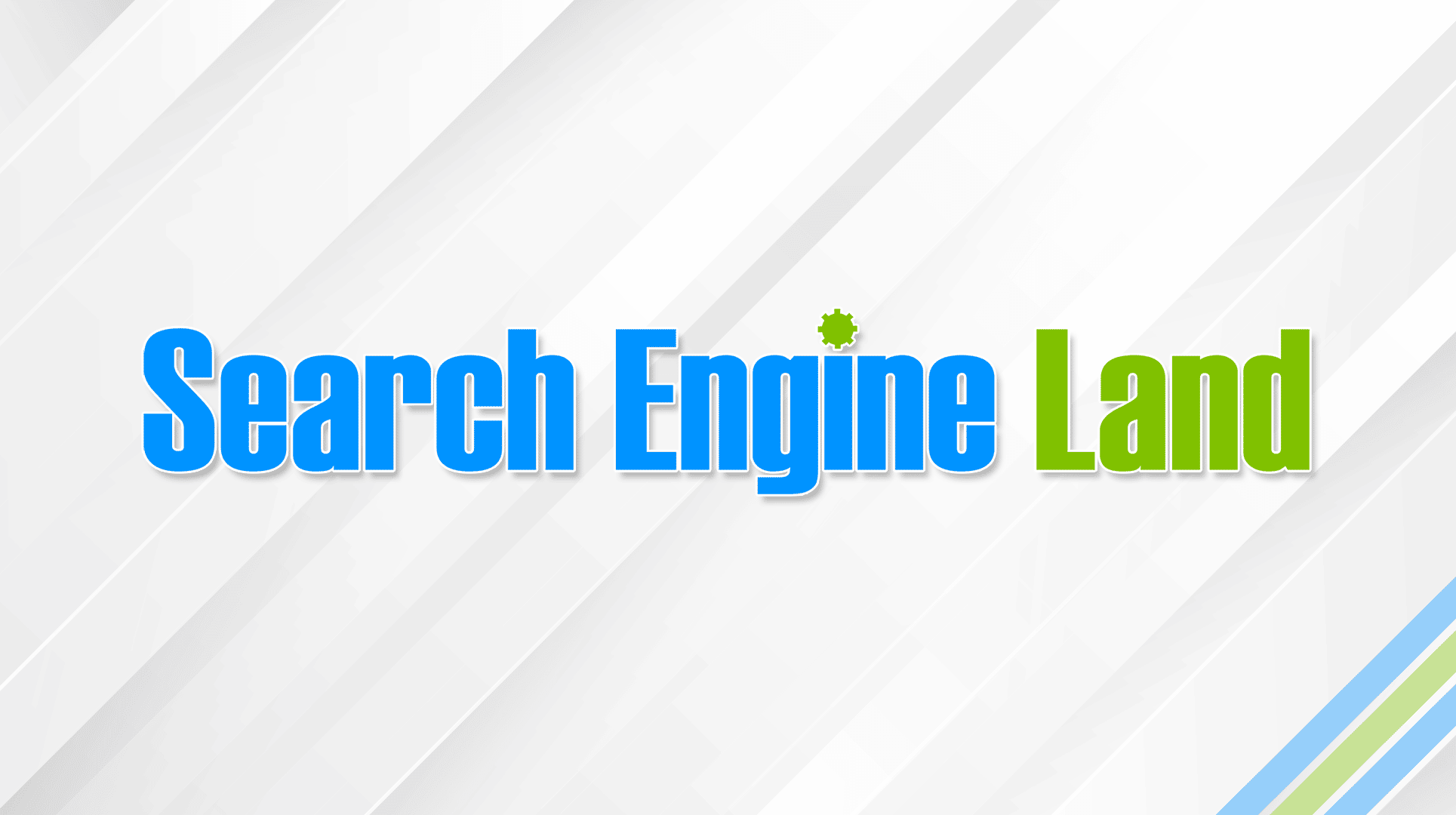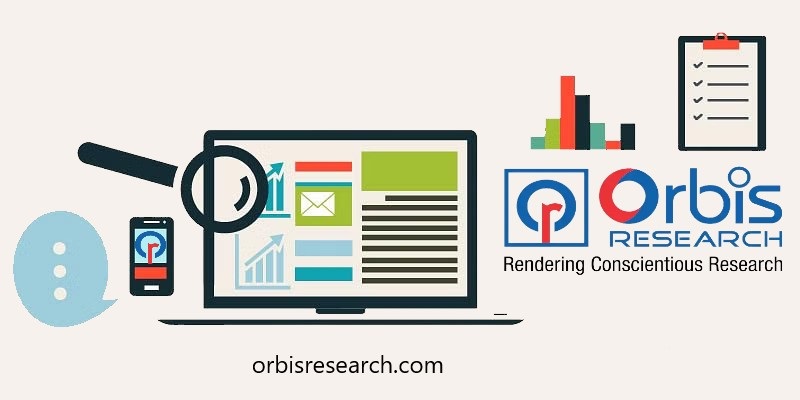Pay per click (PPC) advertising has become an essential component of digital marketing strategies.
Allowing brands to target their audience effectively across digital and social platforms.
To make the most of PPC, it is crucial to understand the costs involved and how to manage them.
The key aspects of PPC we’ll discuss include:
- PPC costs and factors that influence them
- The auction process
- Tips for managing expenses
- The role of PPC management tools
Let’s delve into the world of PPC costs and gain valuable insights.
What Is Pay Per Click (PPC) Advertising?
In simple terms, pay per click advertising is an online marketing model in which advertisers pay a fee each time their ad is clicked.
Essentially, it allows businesses to buy visits to their websites instead of earning them organically through search engine optimization (SEO).
PPC ads can appear on search engine results pages (SERPs), websites, social media platforms, and other online locations where your target audience is likely to be present.
This form of advertising offers a great level of control and precision, as you can choose specific keywords, demographics, and even geographical locations to display your ads.
When it comes to PPC advertising, there are a few key players in the industry.
Google Ads is one of the most popular platforms, allowing businesses to create and manage their campaigns with ease. Bing Ads is another option, providing access to a different user base.
Additionally, social media platforms like Facebook Ads offer unique targeting capabilities, allowing businesses to reach their audience based on interests, demographics, and behaviors.
The Basics of PPC
In a PPC campaign, advertisers bid on specific keywords or phrases that are relevant to their target audience.
When users search for these keywords, the search engine displays relevant ads.
Advertisers only pay when a user clicks on their ad.
The cost per click (CPC) varies based on factors like keyword competitiveness, ad quality, and ad placement.
When setting up a PPC campaign, it is essential to conduct thorough keyword research.
This involves identifying the keywords that your target audience is likely to use when searching for products or services similar to yours.
By selecting the right keywords, you can increase the chances of your ads being displayed to the right people at the right time.
PPC campaigns are usually managed through advertising platforms like Google Ads, Bing Ads, or social media platforms like Facebook Ads.
These platforms provide comprehensive tools to track and optimize your campaigns, ensuring maximum return on investment (ROI).
One of the significant advantages of PPC advertising is the ability to measure and track the performance of your campaigns.
With detailed analytics and reporting features, you can gain valuable insights into the effectiveness of your ads.
This data allows you to make data-driven decisions and continuously improve your campaigns to achieve better results.
Importance of PPC in Digital Marketing
PPC advertising plays a crucial role in digital marketing strategies for several reasons.
Firstly, it provides businesses with immediate visibility and exposure to their target audience.
Unlike other marketing channels, PPC allows you to instantly launch campaigns and start driving traffic to your website.
Furthermore, PPC provides businesses with a level of control and flexibility that is unmatched by other advertising methods.
With PPC, you have the power to set your budget, adjust your bids, and target specific keywords or demographics.
This level of control ensures that your ads are seen by the right people, maximizing your chances of generating leads and conversions.
Secondly, PPC provides valuable data and insights into customer behavior, preferences, and interests, enabling businesses to refine their marketing strategies and improve campaign performance.
By analyzing the data collected from PPC campaigns, businesses can gain a deeper understanding of their target audience and tailor their messaging and offerings accordingly.
Lastly, PPC allows businesses to reach their target audience precisely and effectively.
With advanced targeting options and the ability to choose keywords, demographics, and locations, you can ensure that your ads are seen by the right people at the right time.
This targeted approach increases the likelihood of capturing the attention of potential customers and driving them to take action.
To top it off, PPC advertising is a necessary channel you NEED to be utilizing.
With the ability to reach your target audience, control their advertising spend, and measure the effectiveness of ad campaigns.
By leveraging the benefits of PPC, businesses can drive traffic, generate leads, and ultimately increase their online visibility and revenue.
Factors Influencing Pay Per Click Ads Cost
Understanding the factors that influence PPC costs is essential for effectively managing your advertising budget.
Here are some key factors to consider:
Search Keyword Competition
The level of competition for specific keywords significantly impacts PPC costs.
Highly competitive keywords, often associated with popular industries, tend to have higher CPCs.
This means that acquiring a top ad position for those keywords will be more expensive.
Conducting thorough keyword research and identifying low-competition keywords can help reduce costs and maximize ROI.
When conducting keyword research, it’s important to consider the search volume and relevance of the keywords to your target audience.
By identifying keywords that have a decent search volume but lower competition, you can potentially reach your target audience at a lower cost.
Additionally, long-tail keywords, which are more specific and less competitive, can also be an effective strategy to reduce PPC costs.
PPC Quality Score
Search engines like Google assign a quality score to each PPC ad based on various factors, such as ad relevance, landing page experience, and expected click-through rate.
Ads with higher quality scores receive better ad placements and can achieve lower CPCs. It is crucial to optimize your ads and landing pages to improve your quality scores and lower your costs.
Improving your ad relevance involves aligning your ad copy with the keywords you are targeting and ensuring that your landing page provides relevant and valuable content to visitors.
By creating a seamless user experience from the ad to the landing page, you can increase your chances of achieving a higher quality score and lowering your PPC costs.
Ad Placement
The position of your ad on search engine results pages can influence costs.
Generally, ads that appear at the top of the page tend to attract more clicks but come at a higher price.
Evaluating the value of top ad positions versus lower positions is important to determine the most cost-effective strategy for your business.
While top ad positions may have higher costs, they often have higher visibility and can generate more clicks.
However, lower ad positions can still be valuable, especially if they are targeted to specific keywords or demographics.
It’s essential to analyze your campaign data and track the performance of different ad positions to determine which positions provide the best return on investment.
Furthermore, ad placement can also extend beyond search engine results pages.
Display networks and social media platforms offer various ad placement options, each with its own cost structure.
Exploring different ad placement opportunities can help diversify your PPC strategy and potentially find more cost-effective advertising channels.
Two-Factors to Understand the PPC Auction Process
The PPC auction process is a complex system that determines the ad positions and costs advertisers face when competing for keywords.
It involves a series of steps that take into account various factors to determine the most relevant and valuable ads for users.
Peek into how this process works:
1) How Bidding Works
When advertisers set up a PPC campaign, they have the opportunity to specify the maximum amount they are willing to pay for a click on a particular keyword.
This maximum cost per click (Max CPC) acts as a bid that represents the highest amount an advertiser is willing to spend.
It’s important to note that simply having the highest bid does not guarantee the top ad position.
During the auction, the search engine evaluates competing ads based on a combination of factors, including the Max CPC, quality score, and other relevant considerations.
The quality score is a rating given to ads based on their relevance, expected click-through rate, and landing page experience.
This score plays a crucial role in determining the ad’s position and overall performance.
Once the evaluation process is complete, the ads are ranked based on their Ad Rank.
The Ad Rank is calculated by multiplying the Max CPC by the quality score.
The advertiser with the highest Ad Rank secures the top ad position.
This means that even if an advertiser has a high Max CPC, they may not win the top position if their quality score is low.
2) Winning the Auction: What Does it Mean?
Winning the PPC auction doesn’t solely depend on having the highest bid.
The ad with the highest Ad Rank, which takes into account both the Max CPC and quality score, secures the top position.
This approach ensures that the most relevant and valuable ads are displayed to users, rather than simply favoring those with the highest budget.
Furthermore, winning the auction doesn’t necessarily mean paying the full Max CPC.
The actual cost per click (CPC) paid by the winning advertiser is often lower than their Max CPC.
This is because the actual CPC is determined by the Ad Rank of the advertiser below them.
If the advertiser below has a significantly lower Ad Rank, the winning advertiser may end up paying less than their maximum bid.
This system encourages advertisers to focus on optimizing their quality scores and relevance to achieve better ad positions at lower costs.
By creating highly relevant ads, improving landing page experiences, and increasing expected click-through rates, advertisers can enhance their Ad Rank and potentially pay less for each click.
Bottom line, the PPC auction process is a dynamic and multifaceted system that considers various factors to determine ad positions and costs.
Advertisers must carefully manage their bids, quality scores, and relevance to achieve optimal results in this competitive landscape.
How to Manage Your PPC Costs
Successfully managing your PPC costs is crucial to ensure a positive return on investment.
Pay-per-click (PPC) advertising is an effective way to drive targeted traffic to your website and generate leads.
However, if not managed properly, it can quickly become a drain on your budget.
To make the most of your PPC campaigns and maximize your ROI, it’s important to carefully monitor and optimize your costs.
Here are some tips to help you keep your PPC campaigns within budget:
Setting a Budget for PPC
Before launching your PPC campaigns, it’s essential to define a budget that aligns with your overall marketing goals.
Consider factors such as the search volume for your target keywords, the competitiveness of your industry, and your desired ROI.
By setting a budget, you can ensure that your advertising efforts remain sustainable and cost-effective.
Starting with a conservative budget is a wise approach.
This allows you to test different strategies and gather data on campaign performance without overspending.
As you gain insights into what works and what doesn’t, you can gradually optimize your budget to allocate more funds to the most successful campaigns.
Optimizing Your PPC Campaigns
Once your PPC campaigns are up and running, the work doesn’t stop there.
Continuous monitoring and optimization are necessary to minimize costs and improve performance.
Regularly reviewing your keywords is crucial to ensure that they are relevant and aligned with your campaign goals.
By identifying high-performing keywords, you can allocate more of your budget towards them and eliminate underperforming keywords that are draining your resources.
Another important aspect of optimizing your PPC campaigns is reviewing and refining your ad copy.
Compelling and engaging ad copy can significantly impact the click-through rate and conversion rate of your campaigns.
Experiment with different messaging and calls-to-action to find the most effective combinations.
Landing pages play a vital role in converting clicks into leads or sales.
Make sure your landing pages are optimized for the specific keywords and ads they are associated with.
Test different layouts, headlines, and content to find the winning formula that resonates with your target audience.
Targeting options also play a significant role in managing your PPC costs.
Refine your targeting parameters to focus on the most relevant audience for your products or services.
By reaching the right people, you can increase the chances of conversion and reduce wasted ad spend.
A/B testing is a valuable technique to identify the most effective strategies for your PPC campaigns. B
y testing different variables such as ad copy, landing pages, and targeting options, you can gather data on what works best for your target audience.
Use this data to make informed decisions and optimize your campaigns accordingly.
In conclusion, managing your PPC costs requires careful planning, monitoring, and optimization.
By setting a budget, reviewing keywords, refining ad copy, optimizing landing pages, and experimenting with targeting options, you can keep your PPC campaigns within budget while maximizing their effectiveness.
The Role of PPC Management Tools
Managing PPC campaigns can be complex and time-consuming.
That’s where PPC management tools come into play.
These tools provide advanced features and automation capabilities to streamline and optimize your campaigns.
Here are some benefits of using PPC tools:
Benefits of Using PPC Tools
- Efficient campaign management: PPC tools can automate various tasks, such as keyword research, bid management, and ad scheduling, saving you time and effort.
- Data-driven insights: These tools provide comprehensive analytics and reporting features, enabling you to make data-driven decisions and improve campaign performance.
- Budget optimization: PPC tools can help you identify areas where your budget is being underutilized or wasted, allowing you to allocate resources effectively.
Top PPC Tools to Consider
- Google Ads: Google’s own advertising platform offers powerful tools for managing and optimizing your PPC campaigns.
- Bing Ads: If your target audience uses Bing as their preferred search engine, Bing Ads can help you reach them effectively.
- SEMrush: Besides comprehensive PPC management features, SEMrush provides valuable insights into competitor analysis and keyword research.
Conclusion: Making the Most of Your PPC Budget
Understanding pay per click costs is essential for any business looking to leverage PPC advertising effectively.
By comprehending the basics of PPC, identifying the factors that influence costs, understanding the auction process, implementing budget management strategies, and utilizing appropriate PPC management tools, you can ensure that your campaigns deliver optimal results without exceeding your budget.
Key Takeaways
- PPC advertising allows businesses to buy visits to their websites by placing ads on search engine results pages and other online platforms.
- Keyword competition, quality score, and ad placement influence PPC costs.
- The PPC auction process determines ad positions and costs.
- Effective PPC cost management involves setting a budget, optimizing campaigns, and utilizing PPC management tools.
- Real-life case studies provide insights into successful PPC campaigns and their costs.
Future Trends in PPC Costs
As technology continues to evolve, so will PPC advertising costs.
Factors like increased competition, advancements in automation and artificial intelligence, and shifts in consumer behavior will shape the future of PPC costs.
Staying updated with industry trends and adapting your strategies accordingly will be crucial to stay ahead in the PPC game.
https://spraguemedia.com/blog/understanding-pay-per-click-costs-what-you-need-to-know/




